From my painful experience, the following are food items and dishes which should be avoided if you have a garlic intolerance or allergy. Some of these I enjoy preparing for myself, because I don't find they need garlic at all or I can use cooked/powdered garlic to minimize my potential for an intolerance reaction. However, I can rarely order them in a restaurant or eat them when prepared by others without questioning first if they have been make with raw/excessive/barely cooked garlic. Often it's just safer to avoid these items completely unless prepared in my home kitchen:
* Hummus (Middle Eastern chick pea dip, typically prepared with raw garlic)
* Baba ghanoush, falafel, tabouleh (more tasty Middle Eastern dips and snacks, but often loaded with garlic)
* Caesar salad (classic Caesar dressing calls for raw garlic - as do many restaurant vinaigrettes so ask before ordering)
* Salsa Fresca (chunky-style salsa, typically made with tomato, onion, cilantro, peppers and, yep - raw garlic)
* Guacamole (often prepared in restaurants with crushed raw garlic)
* Tomato Bruschetta (Italian toasted bread topping, often similar to salsa fresca with raw garlic)
* Broccoli Rabe (classically prepared with a heavy garlic and oil sauce)
* Korean "red sauce" or "chili sauce" (that vivid red stuff served on the side with Bi Bim Bap and other such dishes...it's loaded with raw garlic)
* Scampi or Fra Diavolo sauces (cooked, but often with excessive amounts of nearly-raw garlic)
* Most "Italian-American" cuisine. This is a particular rant of mine, because I've never had a garlic reaction in my four trips to Italy (Rome and north). Yet Italian-American food, such as you find at restaurant chains like Olive Garden, Carrabbas or Maggiano's Little Italy, are a minefield of excessive undercooked garlic usage. Proceed with caution when dining at any such establishment if you have a garlic intolerance or allergy.
* Obviously, any food item or dish that lists "garlic" prominently in the description! Dishes like "garlic mashed potatoes", "...served with a garlic white wine sauce", "garlic cream sauce", etc. Any time garlic makes an appearance right in a dish's name or description of prominent ingredients, it's a safe bet you won't be safe ordering it!


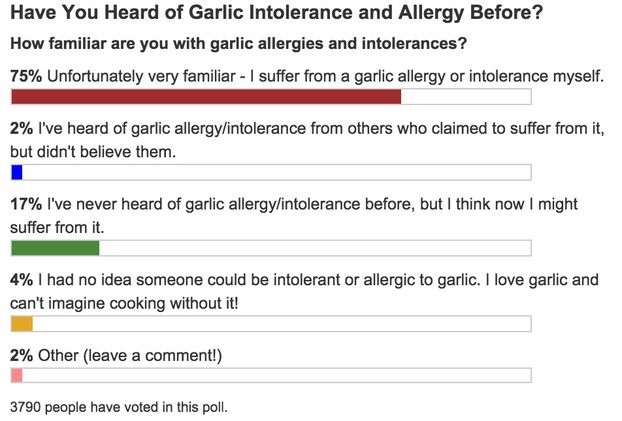




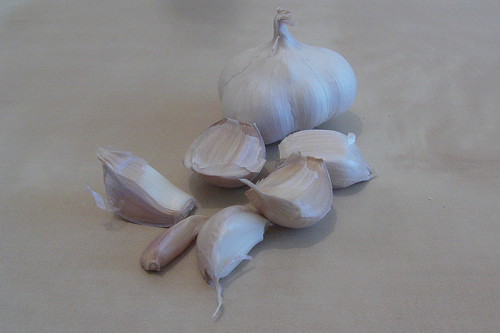

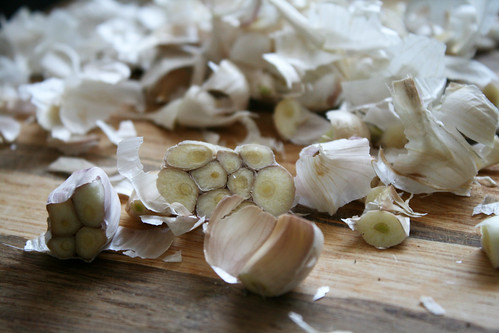

![tomatoes and garlic 02.28.09 [59]](https://farm4.static.flickr.com/3599/3318475588_6040536835.jpg)
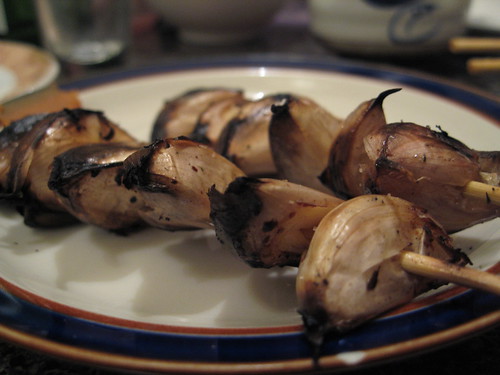
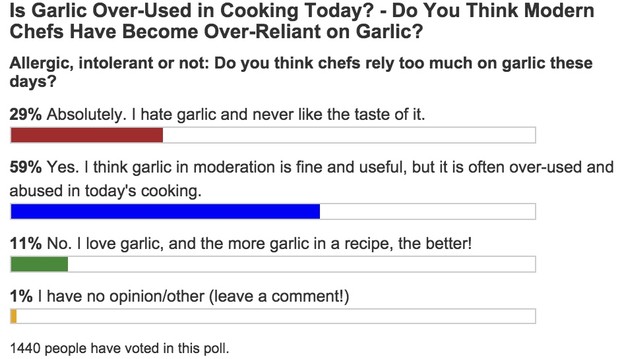
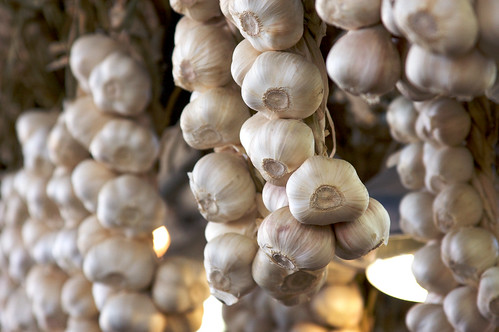






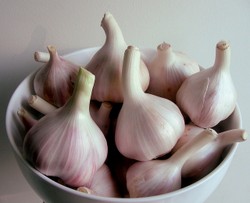

 A Potentially Fatal Accident in the Homeon 11/24/2018
A Potentially Fatal Accident in the Homeon 11/24/2018
 Windsurfing Lessons on Montserrat: One of My Funniest—and Fondest—Travel Memorieson 11/20/2018
Windsurfing Lessons on Montserrat: One of My Funniest—and Fondest—Travel Memorieson 11/20/2018
 Christmas Ornaments Celebrating Rome, Italyon 11/12/2018
Christmas Ornaments Celebrating Rome, Italyon 11/12/2018
 Philadelphia-Themed Christmas Ornamentson 11/09/2018
Philadelphia-Themed Christmas Ornamentson 11/09/2018


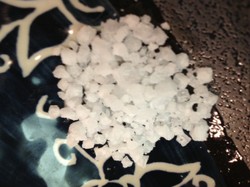
Comments
I agree with Sockii ; it does have health properties. But I get quite unwell when I eat it, my stomach churns and I am awake in the night. I can gain health benefits from other tings than garlic.
While garlic dos have many healthy properties, for those with an allergy or intolerance then those benefits aren't worth the discomfort and illness garlic can cause.
I have never heard of this before. I thought garlic to be healthy, and in this area it is used in many dishes. I cannot imagine not including it, but for those with problems it is a necessity.
I am garlic intolerant. I don't cook with it but everyone else seems to unfortunately.
a very useful post . ty for posting .